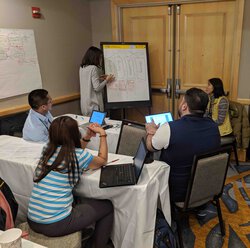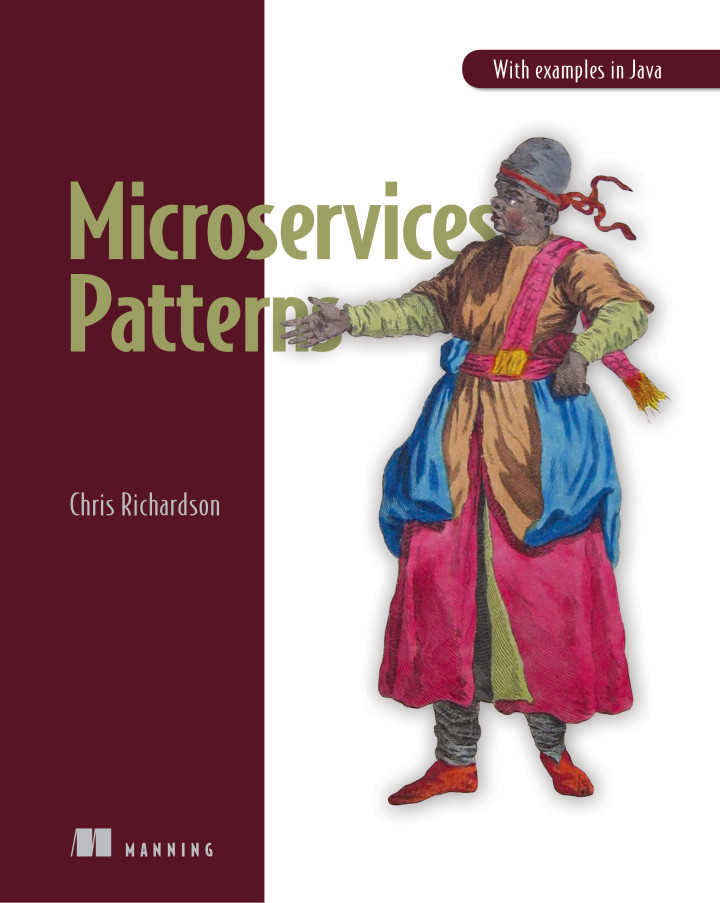Microservice Architecture
Supported by KongSee all posts
New public workshop: Architecting for fast, sustainable flow - enabling DevOps and Team Topologies thru architecture. Learn more and enroll.
What are microservices?
Microservices - also known as the microservice architecture - is an architectural style that structures an application as a collection of services that are:
Services are typically organized around business capabilities. Each service is often owned by a single, small team.
Microservices enable fast flow
For a business to thrive in today’s volatile, uncertain, complex and ambiguous world, IT must deliver that software rapidly, frequently and reliably.
To do that for large complex applications you need the success triangle.
Design microservices using Assemblage
The key challenge when using microservices is designing a good service architecture.
If you get it wrong you risk creating a distributed monolith, which will slow down software delivery.
Assemblage is an architecture definition process for grouping subdomains/bounded contexts into services.
Dark energy and dark matter shape the architecture
Assemblage uses the dark energy and dark matter forces to shape the service architecture.
Dark energy forces encourage decomposition into smaller services. Dark matter forces resist decomposition.
The balance between these forces shapes the service architecture.
The pattern language is your guide
The microservices pattern language is your guide when designing an architecture: service collaboration, testing, deployment, common crosscutting concerns and more. It’s a collection of patterns that help you make decisions when designing and evolving an architecture.
Incrementally refactor a monolith to microservices
The monolithic architecture is not an anti-pattern. It’s a good choice for small teams and small projects.
But if you outgrow your monolithic architecture, you need to refactor it to services using the Strangler Fig pattern.
New and notable
Topics
Note: tagging is work-in-process
DDD · GitOps · Microservices adoption · ancient lore · anti-patterns · api gateway · application api · application architecture · architecting · architecture · architecture documentation · assemblage · beer · books · containers · dark energy and dark matter · deployment · deployment pipeline · design-time coupling · developer experience · development · devops · docker · eventuate platform · fast flow · generative AI · glossary · health · hexagonal architecture · implementing commands · implementing queries · inter-service communication · kubernetes · loose coupling · microservice architecture · microservice chassis · microservices adoption · microservices rules · microservicesio updates · modular monolith · multi-architecture docker images · observability · pattern · refactoring to microservices · resilience · sagas · security · service api · service architecture · service blueprint · service collaboration · service design · service discovery · service granularity · service template · software delivery metrics · success triangle · tacos · team topologies · testing · transaction management · transactional messaging
About www.prc.education
www.prc.education is brought to you by Chris Richardson. Experienced software architect, author of POJOs in Action, the creator of the original CloudFoundry.com, and the author of Microservices patterns.
New workshop: Architecting for fast, sustainable flow
Enabling DevOps and Team Topologies thru architecture
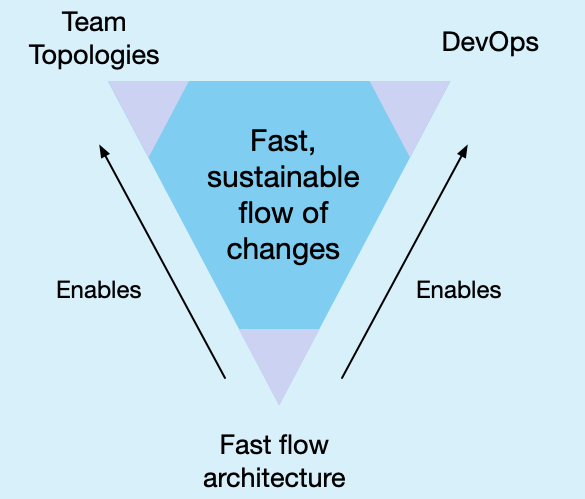
DevOps and Team topologies are vital for delivering the fast flow of changes that modern businesses need.
But they are insufficient. You also need an application architecture that supports fast, sustainable flow.
Learn more and register for my June 2024 online workshops....
NEED HELP?

I help organizations improve agility and competitiveness through better software architecture.
Learn more about my consulting engagements, and training workshops.
LEARN about microservices
Chris offers numerous other resources for learning the microservice architecture.
Example microservices applications
Want to see an example? Check out Chris Richardson's example applications. See code
Virtual bootcamp: Distributed data patterns in a microservice architecture
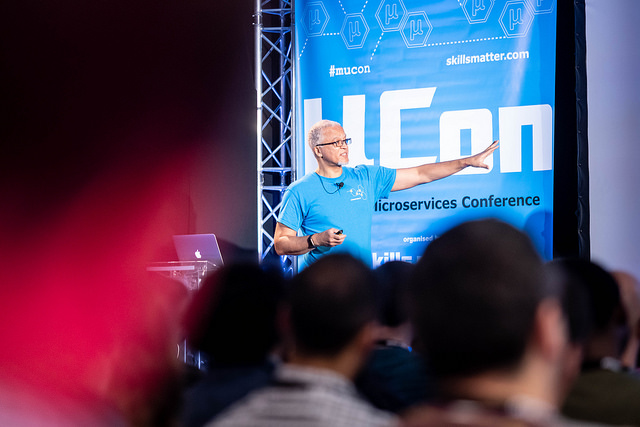
My virtual bootcamp, distributed data patterns in a microservice architecture, is now open for enrollment!
It covers the key distributed data management patterns including Saga, API Composition, and CQRS.
It consists of video lectures, code labs, and a weekly ask-me-anything video conference repeated in multiple timezones.
The regular price is $395/person but use coupon ILFJODYS to sign up for $95 (valid until April 12, 2024). There are deeper discounts for buying multiple seats.
Learn how to create a service template and microservice chassis
Take a look at my Manning LiveProject that teaches you how to develop a service template and microservice chassis.

BUILD microservices
Consulting services
Engage Chris to create a microservices adoption roadmap and help you define your microservice architecture,
The Eventuate platform
Use the Eventuate.io platform to tackle distributed data management challenges in your microservices architecture.

Eventuate is Chris's latest startup. It makes it easy to use the Saga pattern to manage transactions and the CQRS pattern to implement queries.
Join the microservices google group
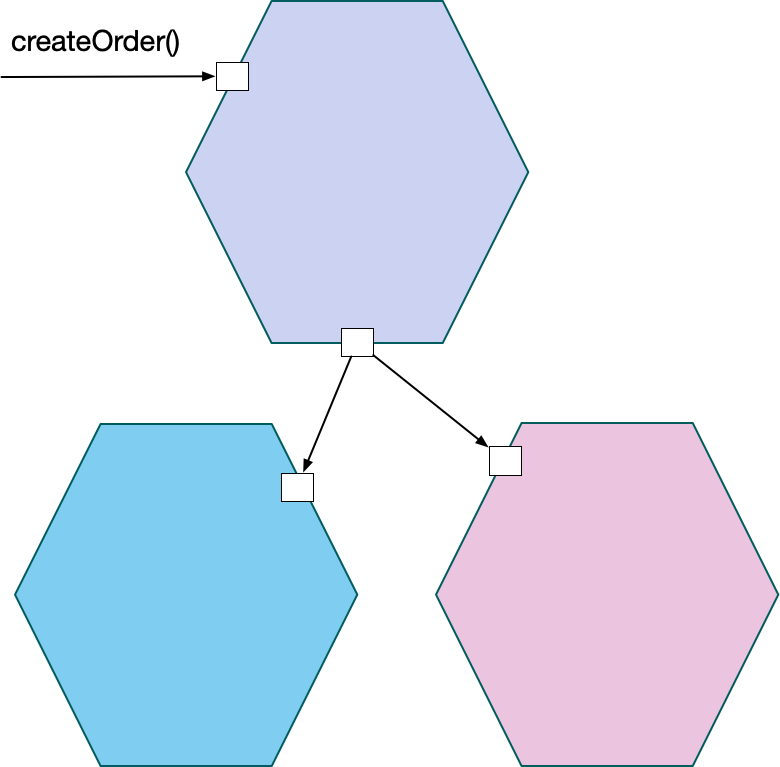
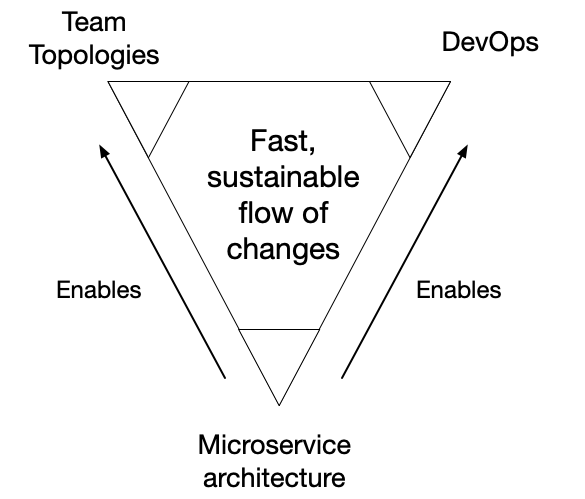
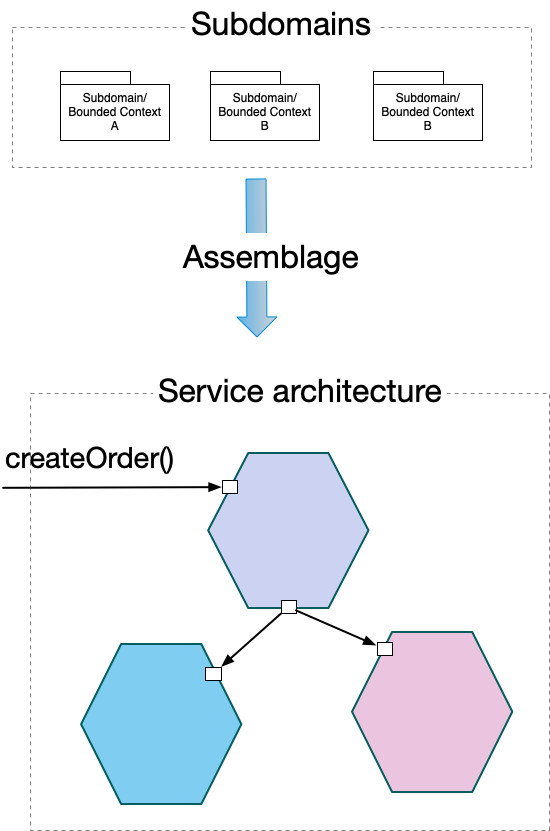
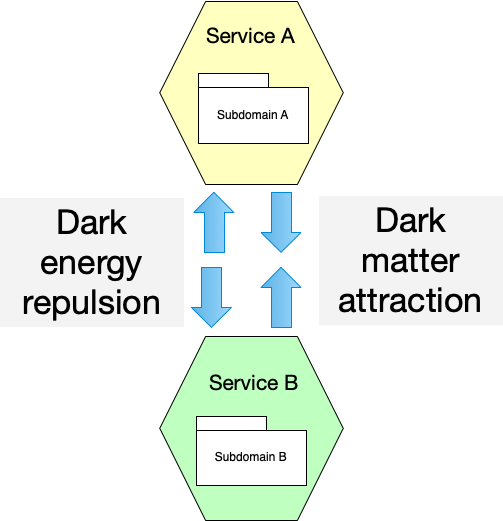
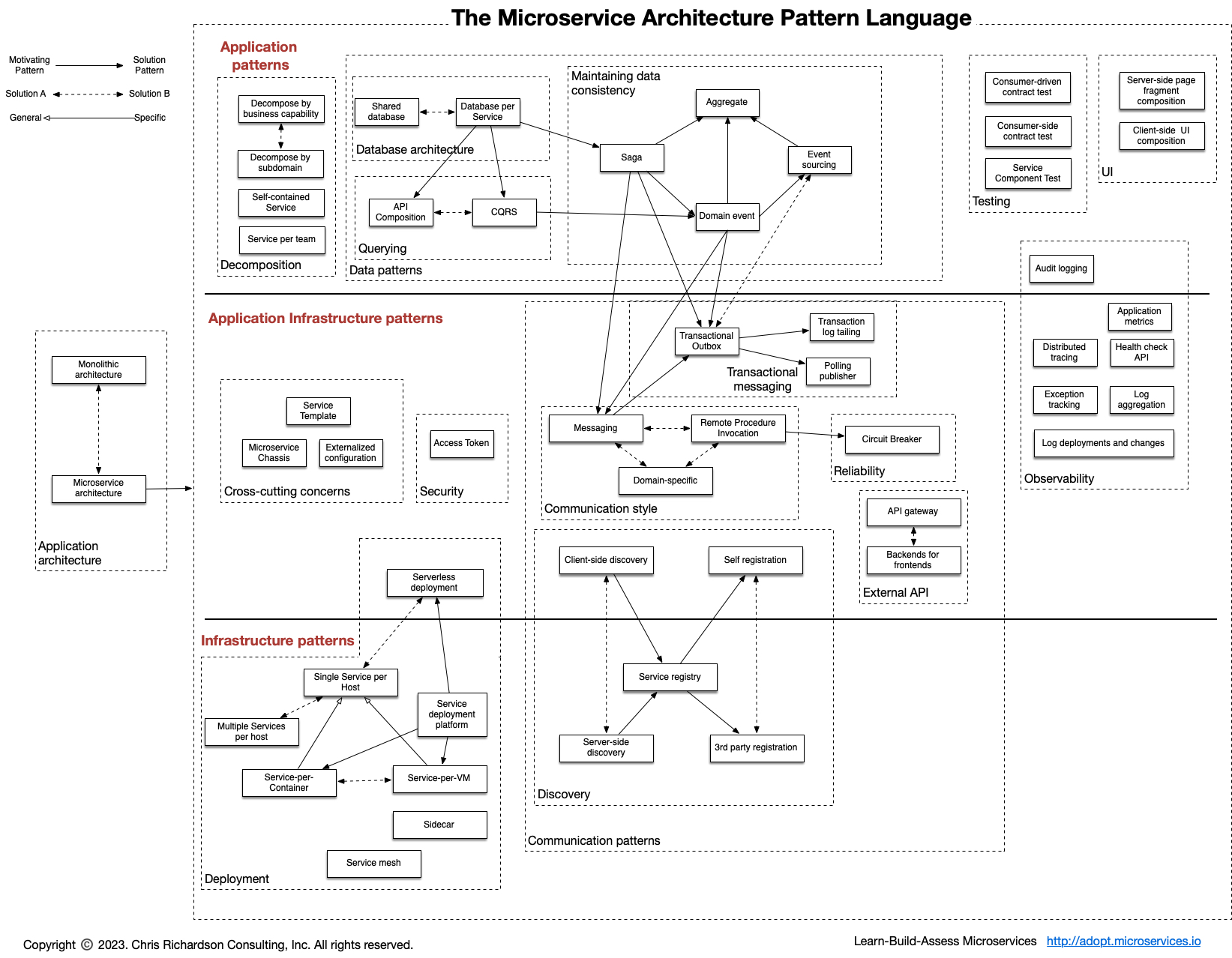
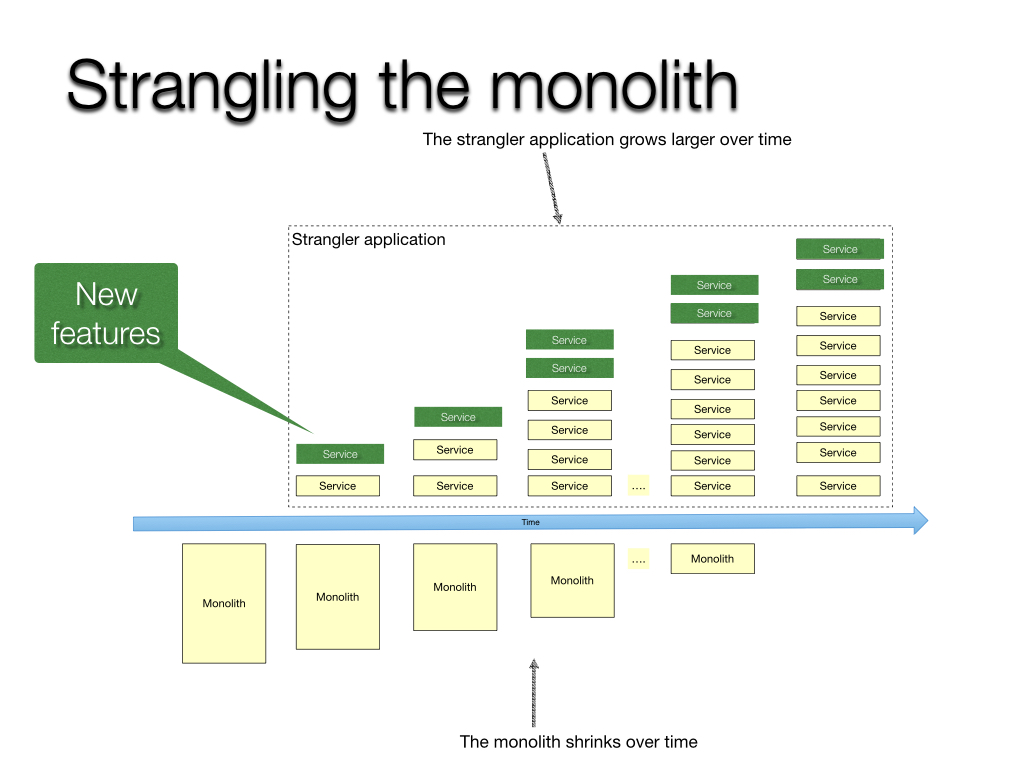
 Premium content and office hours is now available for paid subscribers at
Premium content and office hours is now available for paid subscribers at 